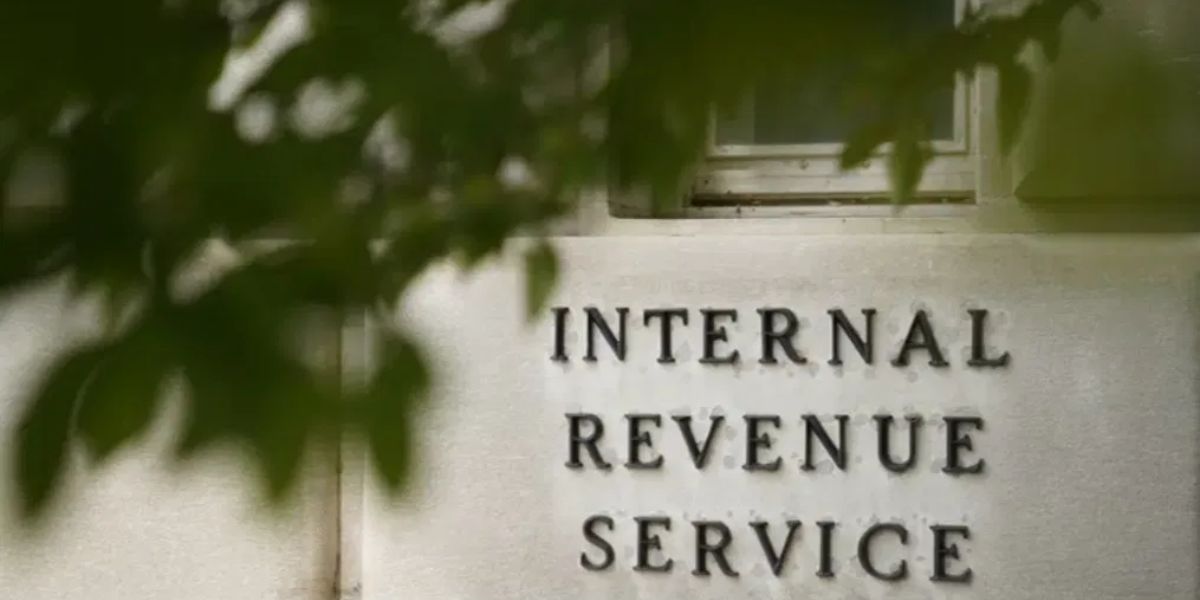The Internal Revenue Service released a detailed warning on Wednesday due to the growing threat of impersonation schemes that target the older community.
The IRS stated in a press release that con artists are posing as government representatives in order to steal money and sensitive personal information from elderly people.
Fraudsters pose as representatives of organizations like the IRS in order to take advantage of their victims through fear and dishonesty.
“Scammers often target seniors, attempting to steal personal information through phone calls, emails or text messages by pretending to be from the IRS or other agencies or businesses,” IRS Commissioner Danny Werfel in the release stated. “Preventing these types of scams requires assistance from many different places. By partnering with other federal agencies and others in the tax community, we can reach more seniors and other taxpayers to help protect them against these terrible scams.”
The announcement states that long-term initiatives to safeguard citizens from frauds and related schemes like identity theft have been the focus of the Security Summit partnership between the IRS, state tax agencies, and the nation’s tax professional community since 2015.
The Internal Revenue Service (IRS) has noticed a worrying pattern whereby scam artists pose as IRS officers and prey on gullible individuals, including senior folks.
Gift cards and wire transfers are two examples of the unsafe ways that victims are coerced into making instant payments. According to the announcement, victims are duped into believing that their tax obligations will be settled or that fraudulent reimbursements will be obtained.
Fraudsters frequently pose as well-known organizations like the IRS, Social Security Administration, or Medicare in order to finish their schemes. According to the release, they can use caller ID spoofing to trick victims into thinking they are real.
Scammers also fabricate dire situations, such as unpaid bills or substantial prize money promises, because they deceive victims into believing they are in debt, owe money, or need to pay fees in order to claim imaginary lottery winnings.
Read Also: Can You Really Get an $8700 Stimulus Check from the IRS: What You Need to Know?
According to the press release, scammers are often known to pressure victims into taking quick action. The con artists don’t give their victims any time to reflect before demanding that they take immediate action.
Scammers frequently utilize threats of imprisonment, deportation, license suspension, or computer viruses to instill a false feeling of urgency.
The IRS advises you to hang up right away if you get an unexpected contact from someone posing as the IRS and you haven’t received any correspondence regarding any problems with their account.
Taxpayers can call 800-829-1040 to speak with IRS customer care if they have any doubts regarding the authenticity of IRS correspondence. Those who are hard of hearing should call 800-829-4059.
According to the IRS, there has been an increase in electronic scams whereby thieves send fraudulent emails and texts purporting to be IRS agents in order to obtain personal information.
The IRS never contacts people about tax bills or refunds via social media, text messaging, or email.
The IRS enumerated a number of realities that one should keep in mind. First off, wire transfers, gift cards, or pre-paid debit cards will never be accepted as forms of quick payment by the IRS. The IRS will typically mail a bill if taxes are due.
Secondly, the IRS will never compel payment without providing options to contest or appeal the amount owed, nor will it ever threaten to involve the local police or other law enforcement agencies.
Finally, the press release states that the IRS would never call and ask for a credit, debit, or gift card number.
“Remaining vigilant and informed about these scams can help protect taxpayers from financial loss and identity theft,” the release stated. “The IRS and partnering federal agencies urge everyone to be cautious, especially when dealing with unsolicited communications concerning taxes.”












Leave a Reply